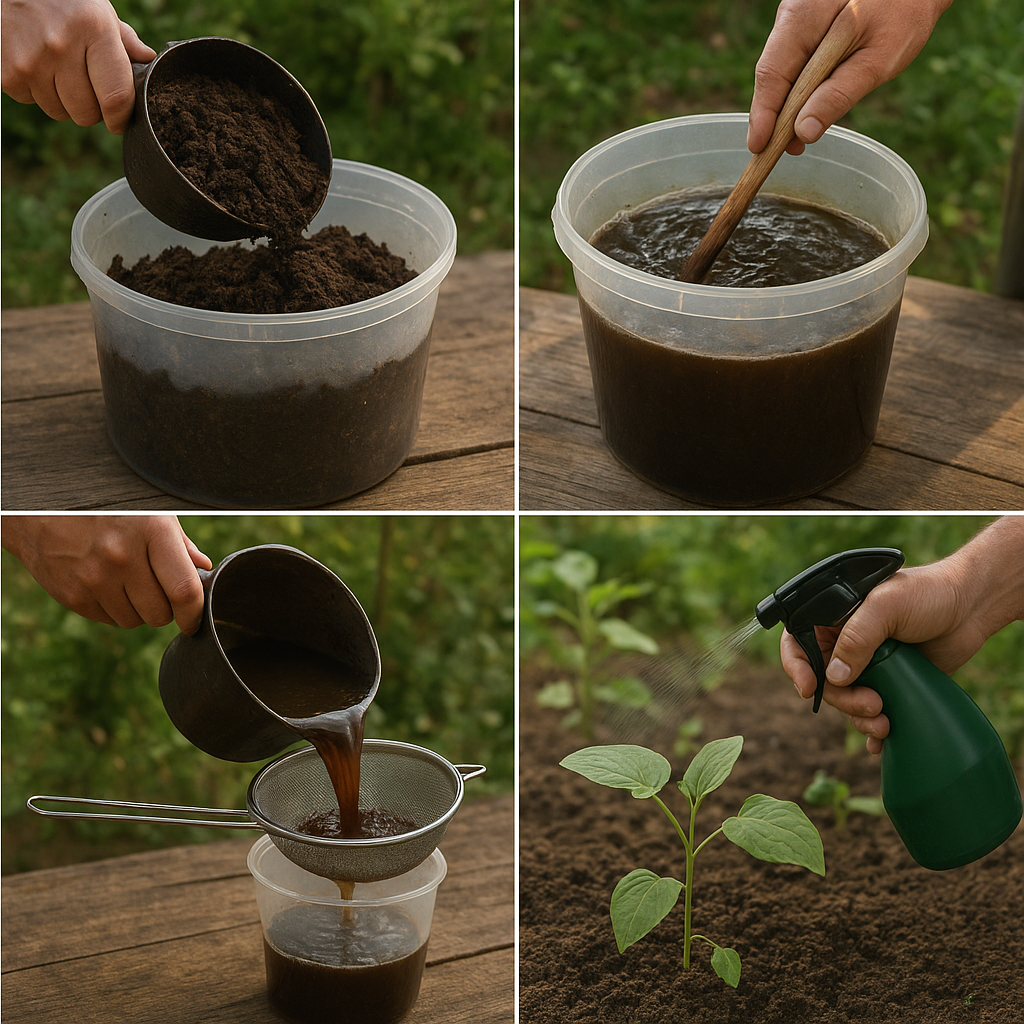
Organic fertilizers have become an essential component in sustainable agriculture, offering a natural alternative to chemical fertilizers and promoting healthy crop growth. As the demand for organic produce continues to rise, understanding the benefits and applications of organic fertilizers is crucial for farmers and gardeners alike. This article explores the best organic fertilizers available, their benefits, and how they contribute to healthier crops and a more sustainable environment.
Understanding Organic Fertilizers
Organic fertilizers are derived from natural sources such as plant and animal matter, and they play a vital role in enhancing soil fertility and promoting plant growth. Unlike synthetic fertilizers, which are manufactured using chemical processes, organic fertilizers release nutrients slowly, providing a steady supply of essential elements to plants over time. This slow-release mechanism not only ensures that plants receive a balanced diet but also reduces the risk of nutrient leaching and environmental pollution.
One of the primary benefits of organic fertilizers is their ability to improve soil structure. By increasing the organic matter content in the soil, these fertilizers enhance soil aeration, water retention, and microbial activity. This, in turn, creates a more favorable environment for root development and nutrient uptake, leading to healthier and more resilient crops.
Moreover, organic fertilizers are known to enhance the biodiversity of the soil ecosystem. They provide a habitat and food source for beneficial microorganisms, such as bacteria and fungi, which play a crucial role in nutrient cycling and disease suppression. By fostering a diverse and active soil microbiome, organic fertilizers contribute to the overall health and productivity of agricultural systems.
Types of Organic Fertilizers
There are several types of organic fertilizers available, each with its unique properties and benefits. Understanding the different options can help farmers and gardeners choose the most suitable fertilizer for their specific needs.
Compost
Compost is one of the most popular and versatile organic fertilizers. It is made by decomposing organic matter, such as kitchen scraps, yard waste, and manure, into a nutrient-rich soil amendment. Compost is an excellent source of essential nutrients, including nitrogen, phosphorus, and potassium, as well as trace elements that are vital for plant growth. Additionally, compost improves soil structure, enhances water retention, and supports beneficial microbial activity.
Manure
Animal manure, such as cow, horse, and chicken manure, is another widely used organic fertilizer. Manure is rich in nutrients and organic matter, making it an effective soil conditioner. However, it is essential to properly compost or age manure before application to reduce the risk of pathogens and weed seeds. Manure can be applied directly to the soil or used to create compost tea, a liquid fertilizer that provides a quick nutrient boost to plants.
Bone Meal
Bone meal is a finely ground powder made from animal bones, and it is an excellent source of phosphorus and calcium. These nutrients are essential for root development, flowering, and fruiting. Bone meal is particularly beneficial for root crops, such as carrots and potatoes, as well as flowering plants. It is best applied during planting or as a side dressing to ensure that plants have access to phosphorus throughout their growth cycle.
Blood Meal
Blood meal is a high-nitrogen organic fertilizer made from dried animal blood. It is an excellent source of nitrogen, which is essential for leafy growth and overall plant vigor. Blood meal is particularly useful for nitrogen-loving plants, such as leafy greens and corn. However, it should be used sparingly, as excessive nitrogen can lead to lush foliage at the expense of fruit and flower production.
Fish Emulsion
Fish emulsion is a liquid fertilizer made from fish waste, and it is rich in nitrogen, phosphorus, and potassium. It is a fast-acting fertilizer that provides a quick nutrient boost to plants, making it ideal for use during the growing season. Fish emulsion is also a good source of trace elements and beneficial microbes, which can enhance soil health and plant growth.
Benefits of Using Organic Fertilizers
Organic fertilizers offer numerous benefits that contribute to healthier crops and a more sustainable agricultural system. One of the most significant advantages is their ability to improve soil health. By increasing the organic matter content in the soil, organic fertilizers enhance soil structure, water retention, and nutrient availability. This creates a more favorable environment for plant growth and reduces the need for chemical inputs.
Another benefit of organic fertilizers is their role in promoting biodiversity. By providing a habitat and food source for beneficial microorganisms, organic fertilizers support a diverse and active soil microbiome. This, in turn, enhances nutrient cycling, disease suppression, and overall soil health. A healthy soil ecosystem is essential for sustainable agriculture, as it increases resilience to pests and diseases and reduces the need for chemical interventions.
Organic fertilizers also contribute to environmental sustainability by reducing the risk of nutrient leaching and pollution. Unlike synthetic fertilizers, which can quickly leach into waterways and cause environmental harm, organic fertilizers release nutrients slowly and are less likely to contribute to water pollution. This makes them a more environmentally friendly option for farmers and gardeners.
Application and Best Practices
To maximize the benefits of organic fertilizers, it is essential to apply them correctly and follow best practices. One of the key considerations is timing. Organic fertilizers should be applied at the right time to ensure that plants have access to nutrients when they need them most. For example, applying compost or manure in the fall allows it to break down over the winter, providing a nutrient-rich soil amendment for spring planting.
Another important consideration is the rate of application. Organic fertilizers should be applied at the recommended rate to avoid over-fertilization, which can lead to nutrient imbalances and environmental harm. It is also essential to consider the specific nutrient needs of different crops and adjust the application rate accordingly.
In addition to timing and rate, it is important to consider the method of application. Organic fertilizers can be applied in various ways, including broadcasting, side dressing, and foliar feeding. The method chosen will depend on the type of fertilizer, the crop being grown, and the specific growing conditions.
Conclusion
Organic fertilizers are an essential tool for promoting healthy crop growth and sustainable agriculture. By improving soil health, enhancing biodiversity, and reducing environmental impact, they offer numerous benefits over synthetic fertilizers. Understanding the different types of organic fertilizers and their applications can help farmers and gardeners make informed decisions and achieve better results. By adopting organic fertilization practices, we can contribute to a more sustainable and resilient agricultural system that benefits both people and the planet.

